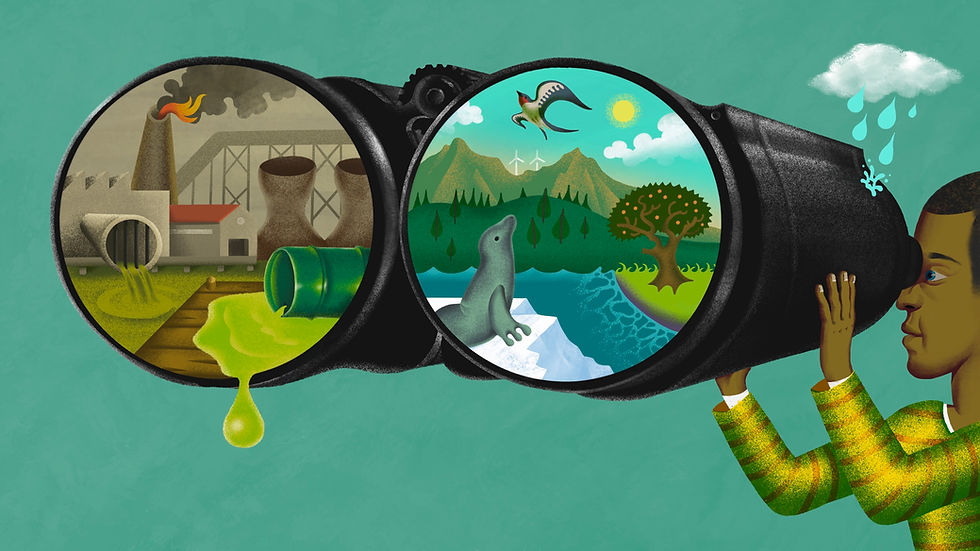Unraveling the Social Justice Feeling: What's the Hype?
- Donatas .Ratkevicius
- Jun 22, 2023
- 2 min read
Updated: Apr 17, 2024

So, you've probably heard the term "social justice feeling" thrown around a lot lately. But what exactly is it? How does it develop? And why do people seem to have such different ideas about it? Buckle up as we dive into this topic, and I promise we'll keep it chill, easygoing, and totally relatable. We'll even sprinkle in some scientific research to back it all up. Let's get this social justice party started!
The Lowdown on the Social Justice Feeling: Alright, picture this: the social justice feeling is like that tingly sensation you get when you see something that's just not fair, whether it's racial inequality, gender discrimination, or any other social issue that grinds your gears. It's that gut reaction that says, "Hey, something needs to change here!"
How Does It Develop? Let's Break It Down: Now, we're not born with the social justice feeling on full blast. It's more like a superpower that develops over time. During your childhood and teenage years, you start noticing the inequalities around you. Maybe you see someone being treated differently because of their background, or you hear discussions about fairness and justice. These experiences shape your understanding of social justice and how important it is to you.
So, Why the Different Ideas? Here's the thing, my friends: social justice is a subjective beast. Different people have different backgrounds, beliefs, and experiences that shape their understanding of what it means. It's like looking at a colorful rainbow from different angles—everyone sees it a bit differently. Cultural influences, personal values, and even political affiliations can all play a role in shaping our views on social justice.
What Triggers These Differences? Alright, let's dig into what stirs the pot of differing ideas on social justice: a) Personal Experiences: If you've personally faced injustices, you're more likely to be fired up about fighting for a fairer world. b) Socialization: Your friends, family, and the communities you're a part of can influence your social justice outlook. Hanging out with diverse folks or sticking to your comfort zone can shape your beliefs. c) Media Mayhem: Ah, the media, a powerful player. The information we consume can sway our opinions on social justice. Biased news, anyone?
Scientific Research: Now, we're not just making this stuff up, folks! Let me give you a taste of some legit scientific research that adds some spice to our social justice discussion:
In a cool study by Jost, Glaser, Kruglanski, and Sulloway (2003), they found that people who have a natural inclination for fairness and equality are more likely to support social justice causes. It's like they have a built-in fairness radar!
Another study by Haas, Cunningham, and Hayes (2019) showed that exposure to diverse perspectives can positively influence our attitudes towards social justice. So, keep those mind-expanding conversations going!
So we've covered the basics of the social justice feeling. It's that fire in your belly that pushes you to fight for fairness and equality. Remember, everyone's view on social justice is unique, influenced by their experiences, culture, and beliefs. Whether you're a social justice superhero or still figuring it all out, understanding these differences can help us create a more inclusive society. So, let's keep the conversation going and make some positive change together!


Comments